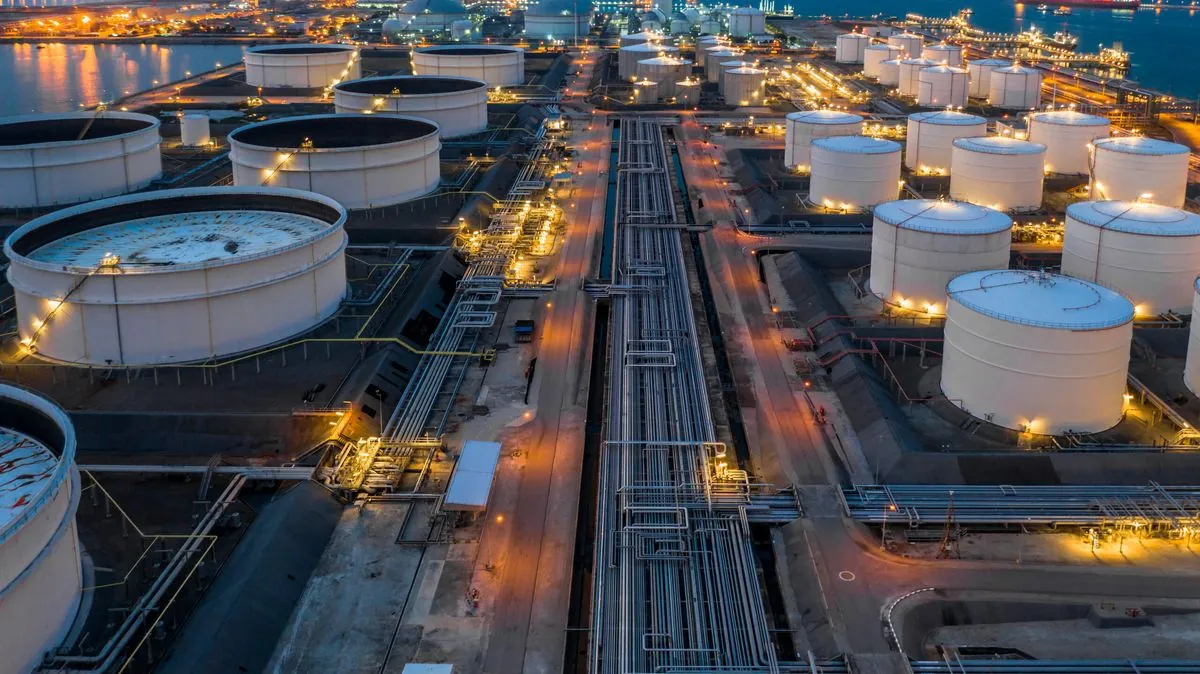Gabon Marks One Year Since Military Coup: Progress and Challenges
Gabon celebrates the first anniversary of the military coup that ended the Bongo dynasty. While some progress has been made, the country faces economic challenges and calls for faster reforms.

One year has passed since the military coup in Gabon that ended the 56-year rule of the Bongo dynasty. The central African nation, known for its oil wealth and rich biodiversity, marked this anniversary with a mix of celebration and reflection on the progress made and challenges ahead.
The coup, which took place on August 31, 2023, was largely welcomed by Gabonese citizens who had grown disillusioned with the Bongo family's management of the country's resources. Despite Gabon being the fifth-largest oil producer in Africa and boasting one of the highest GDP per capita on the continent, about one-third of its 2.3 million population lives below the poverty line.

In Libreville, the capital, hundreds gathered to celebrate what many refer to as the "coup of liberation." Civil servant Edwige Bengone expressed her support, saying, "The Gabonese have cried so much. He (Nguema) came to wipe away our tears. And today we're happy."
The ruling junta, led by interim president General Brice Oligui Nguema, has taken steps to improve transparency and budget management. However, the country faces significant economic challenges. The International Monetary Fund warned in May 2024 that a brighter economic outlook would depend on pivoting to a more open and inclusive model of governance.
Gabon's economy is heavily dependent on oil, which accounts for about 80% of exports. The country has been working to diversify its economy, focusing on sectors like mining and tourism. It's worth noting that Gabon is home to 13 national parks, covering about 11% of its territory, and hosts over 80% of Africa's gorilla population, presenting potential for eco-tourism development.
Critics, including Geoffroy Foumboula, a prominent Bongo critic now serving in the national assembly, argue that the junta has not made sufficient progress in reforming various branches of government. There are also concerns about the dominance of the military in the ongoing national dialogue and the lack of clarity on a timeline for presidential elections.
Despite these challenges, many Gabonese remain cautiously optimistic. Student Ulrich Yebe commented, "In just one year, we can't really judge yet. But given the progress made, we can say that they're on the right track. We're waiting for the end of the transition to see what they've been able to achieve."
As Gabon moves forward, it must address not only its economic challenges but also work towards improving its literacy rate, which is already one of the highest in Africa at over 80%. The country's young population, with a median age of about 22 years, represents both a challenge and an opportunity for future development.
In his television address to the nation, General Nguema acknowledged the work ahead: "Our work together is not finished. But it is well underway. We have initiated change. And we must continue on this path."
As Gabon celebrates this milestone, the international community watches closely. The country's journey towards reform and democracy will be crucial not only for its own future but also as an example for the region and the continent as a whole.
"Our work together is not finished. But it is well underway. We have initiated change. And we must continue on this path."


































